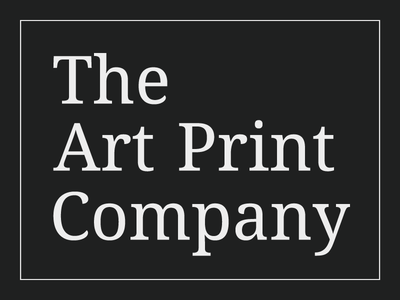Lolita - Movie Wall Art Photo Poster Print
ROLLED PHOTO POSTER PRINTContact us if you require a custom size.
Printed using only high quality inks on gallery grade 280 GSM premium lustre photo paper with a semi matte/gloss finish to ensure a sharp vibrant image. The prints are trimmed to the edge of the image. Please add a note when ordering if you would like to add a specified white border to assist with framing.
(frame not included)Orders dispatched the next working day. Estimated UK delivery 1-2 days, international 8-10 working days or less.
Lolita Film Poster
"Lolita" is a controversial and iconic film adaptation of Vladimir Nabokov's novel of the same name. The novel was first published in 1955, and Stanley Kubrick directed the film adaptation in 1962. The story revolves around Humbert Humbert, a middle-aged literature professor, and his obsession with a 12-year-old girl named Dolores Haze, whom he nicknames "Lolita."
The film stars James Mason as Humbert Humbert, Sue Lyon as Lolita, and Peter Sellers as Clare Quilty. Shelley Winters also appears as Charlotte Haze, Lolita's mother. The narrative follows Humbert's infatuation with Lolita, leading him to marry her mother to be close to her. After Charlotte's untimely death, Humbert becomes Lolita's guardian, and their relationship takes a more disturbing turn.
The subject matter of the film is highly controversial due to its exploration of paedophilia and the inappropriate relationship between Humbert and Lolita. Kubrick's adaptation is known for its bold approach to the source material, maintaining the dark and satirical tone of Nabokov's novel. The film received mixed reviews upon its release, with some praising its artistic merits and others criticizing it for its provocative content.
The 1962 version of "Lolita" is not as explicit as the source material due to the constraints of the film industry during that era. In 1997, another adaptation of "Lolita" was released, directed by Adrian Lyne, which followed the original novel more closely and was more explicit in its portrayal of the controversial relationship. Both versions of the film have sparked discussions about censorship, morality, and the depiction of sensitive subjects in cinema.




